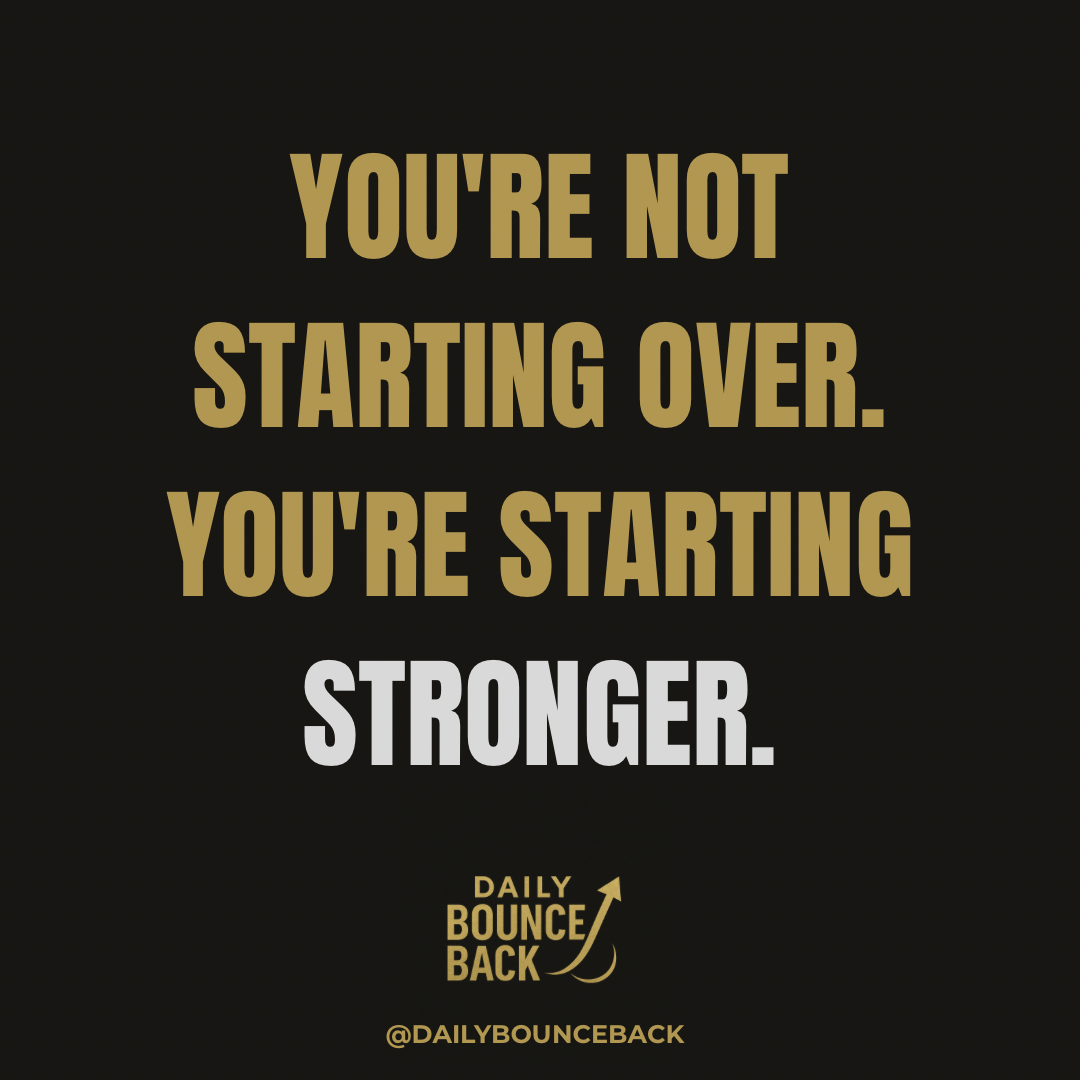4 Things to Avoid if You Want to Change Your Behavior
Many people think they want to change. But the reality is, change is the last thing they want to

Many people think they want to change. But the reality is, change is the last thing they want to do. It’s not surprising because change comes at a high cost. Change costs so much that many people would rather not change at all.
Think about it. If people truly desired change, the self-development space would cease to exist.
More people would live their best lives and never have to look back. That’s what you want. Change. But you don’t just want change; you want transformation. You want things to get better magically.
The problem is that most people don’t realize that their behavior is the real problem and that making changes won’t magically fix things in the short run.
However, change is the only way to get different results in the long run.
So what should you avoid on the path to behavioral change? Try these:
1. Stop relying on willpower alone. If you try to change behavior on your own, you’re doomed. It won’t work. No willpower will fix deep-rooted psychological problems like addiction and mental health issues.
Instead of relying on willpower, try self-efficacy. Self-efficacy is the psychological concept that you believe you can achieve your goals. And if you want to achieve a goal, self-belief is one of the most important things you need.
That belief should then move you to put your head down and do what it takes to reach your goal. For example, how many times did you tell yourself that you needed to lose weight or join a gym?
How many times have you said to yourself that you were going to lose that 20 pounds you’ve gained? How many times have you failed? The truth is, most people fail.
But no matter how many times you’ve failed in the past, you can do it again. And this time, you can succeed.
2. Stop trying the same strategy to gain a different outcome. Humans are creatures of habit. Thus, we tend to assume that a process that worked for one situation will work for another.
â For example, you might decide to skip dessert each night to reduce weight, which might work in the short term. But after a few weeks, your fat-loss efforts are likely to stall. You can reignite your progress by changing your plan.
â Instead of thinking about days (diets usually require a commitment period), consider changing your approach to weeks. One week might mean skipping dessert and reducing portion sizes. The following week, you might choose to burn calories by exercising.
â To avoid experiencing burnout, pay attention to your body’s cues. If you feel that it has switched into survival mode, try something else.
3. Stop allowing others to define what you can or cannot do. Society tries to assign you a role based on your interactions. Take control of your own life and realize that you are your hero.
â When you stop depending on others to validate you, you start being your true self. The problem with accepting society’s roles is that they often mean sacrificing our true selves. Be the real you and follow your heart.
â Start the search for that part of you that you need to express, and once you find it, don’t be afraid to flaunt it.
4. Discard the idea that you can grow without pain. Change is painful, and it usually comes along with deep-rooted emotions. When you take risks, you’re bound to feel pain at some point.
â But the good news is, life is always beautiful when you live it to the fullest. Remember: to change for the better, you must do things out of your comfort zone.
When it comes to change, no pain, no gain. That means you must face up to your fear and push beyond apprehensions about the consequences of your actions.
Ignore other people’s adverse reactions to the change you’re considering. Avoid reading articles or watching videos that will teach you not to make any changes. Avoid marrying the opinions of others when you ask others for their views, because their views may not be what you need or want to hear.
Finally, avoid letting your old habits and behaviors control your life. Embrace change and lead the life you desire!








